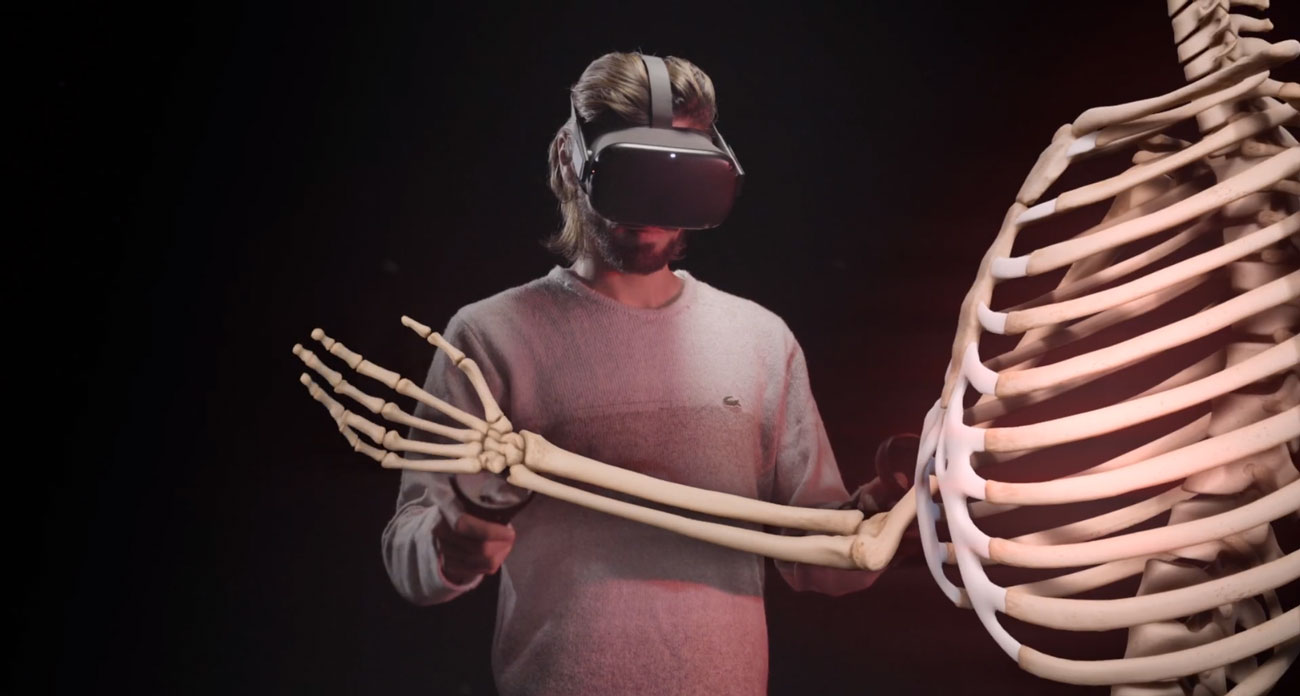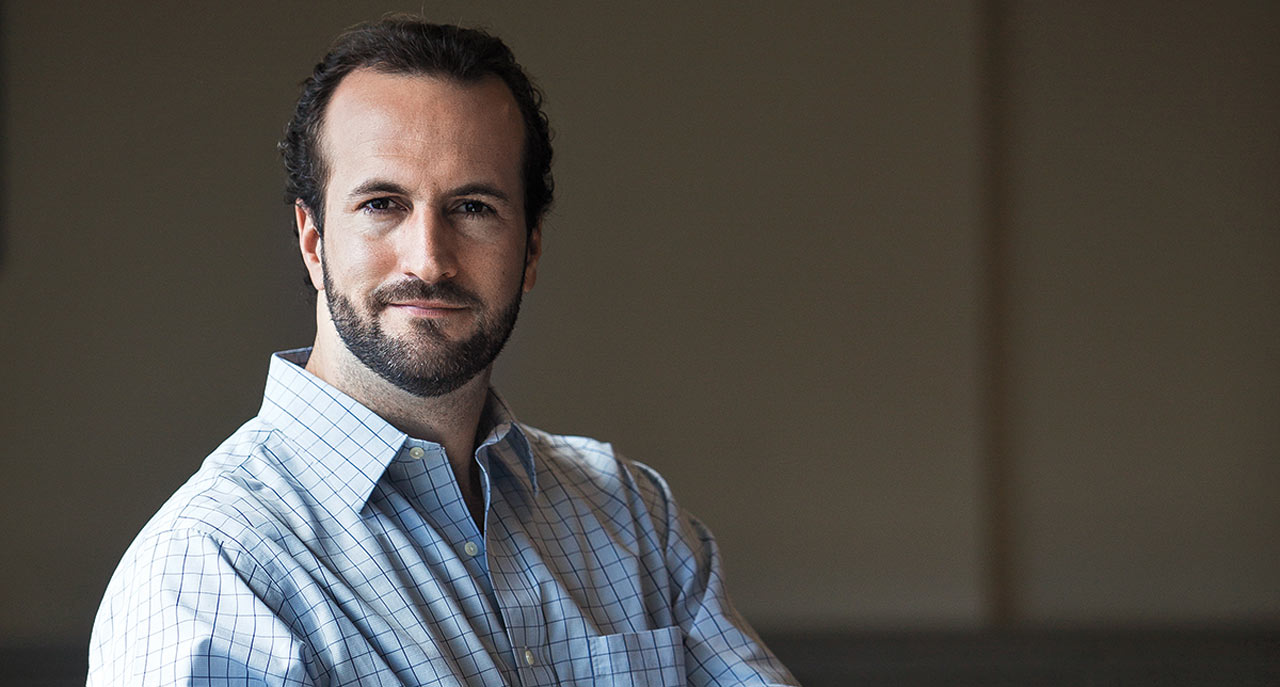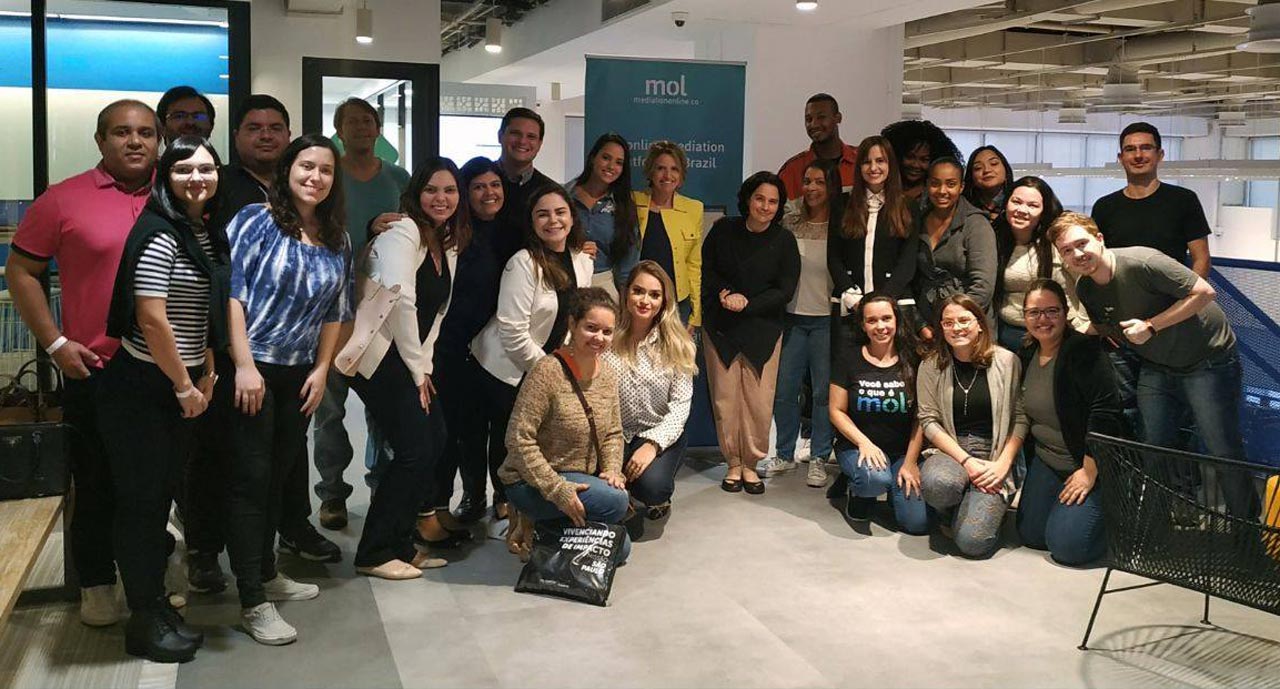Contxto – Almost all careers call for practical experience—but none more so than medicine. Unfortunately, budget constraints and growing demand can strain resources within hospitals and higher learning institutions.
In that sense, virtual reality (VR) tech is proving to be an innovative approach in healthcare. And in Latin America, Brazilian MedRoom and Salvadoran Vertex Studio, are paving the way towards hands-on experiences—but with fewer cadavers and risks for living, breathing patients.
MedRoom digitizes the human body
São Paulo-based MedRoom developed a 3D model of the human body. Through it, students can have a more interactive experience when learning. Structures, organs, and systems can be isolated for a more in-depth understanding.
More recently though, the startup is going beyond educational institutions.
“We’ve expanded our solution to meet the healthcare market’s most varying demands,” says Vinícius Gusmão, CEO and co-Founder at MedRoom.
“For example, a company that produces stethoscopes can display a 3D version of its product within simulations and clinical cases developed with our virtual reality for training doctors and nurses,” added Gusmão.
Bringing virtual reality to healthcare in El Salvador
Earlier this month, the BID Lab and the Healthcare Professionals Institute (IEPROES) of El Salvador announced a joint partnership to launch “MEDIX Lab.” This software program aims to train around 3,000 healthcare professionals.
Correspondingly, Vertex Studio is charged with developing this virtual lab which shall help prepare medical personnel to handle real-life simulations. As a result, work is underway to develop a prototype while the final product should be ready by June of 2021.
Related articles: Tech and startups from Brazil!
-ML






